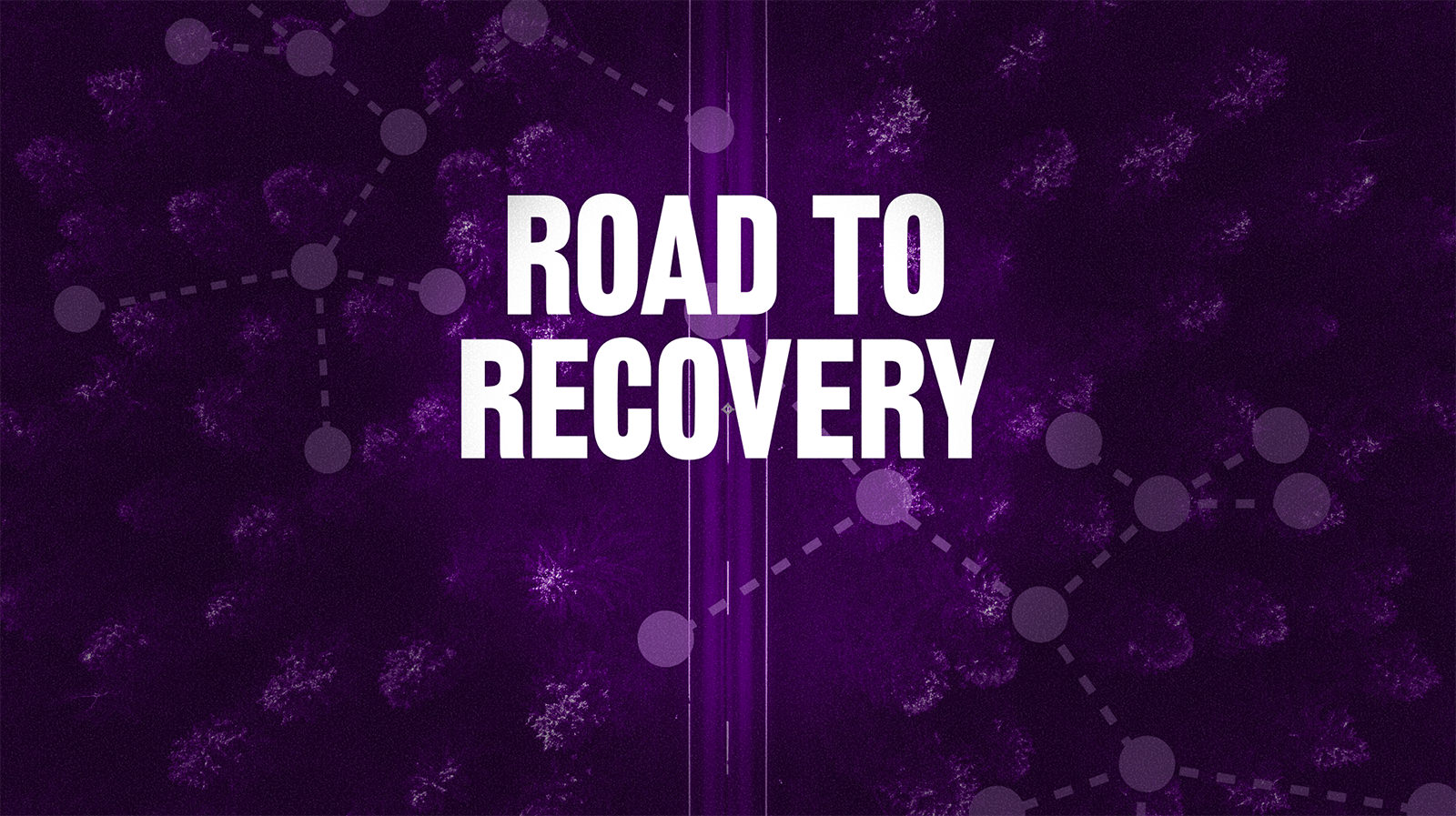5 Questions on COVID-19 with Dr. Kelly Henning

During these uncertain times it’s essential that we stay informed and pragmatic about the COVID-19 pandemic and how we can keep ourselves and our communities healthy. But, given how quickly circumstances change and all the bad information out there, it can be hard to keep up.
Below, the lead of our Public Health program, epidemiologist Dr. Kelly Henning, answers five frequently asked questions about the COVID-19 response on topics including testing and the timeline for reopening communities:
1. Many government leaders have cited contact tracing as an important step to reopening. What is it? Will it infringe on my privacy?
Contact tracing is simply identifying all the people with whom a person who has contracted COVID-19 has been in close proximity to over the last several days. The process helps make sure those people are aware so they don’t pass the disease to others and can watch for any evidence of symptoms in themselves. Contact tracing is done routinely for other diseases, but the programs being created for COVID-19 – for example in New York State – are being done at a larger scale. Patient information is private in the United States and the contact tracers in New York State will complete a training to ensure privacy is kept. Contact tracing must be an integral part of our strategy in overcoming this pandemic and reopening our communities.
2. What date can we reopen?
It’s not about a specific date. We need to stay on top of the virus to understand what’s happening in a community before we can go back to school or work and reopen our economy. There are a few things we look at: improvements in the capacity of the health care system to respond; increasing number of public health workers to identify cases and test contacts; and social support for those in quarantine. We don’t want to move too rapidly and see another large peak in cases and deaths. Reopening society starts by abiding guidelines and strengthening our recovery tactics, not by striving for a particular date.
3. What is at-home testing? Can I get one of these tests and will it help curb the spread of the virus in my community?
At-home testing is not widely available and is not a magic bullet alone, but at-home testing is a step forward on the road to recovery from COVID-19. Currently, when a person tests positive, the public health system alerts both the case and contacts who may have come in contact with them to alert them to watch for symptoms and self-isolate. This helps curb the spread of the disease further. While at-home testing can alert an individual whether they have contracted COVID-19, at-home testing must work cohesively with the public health system so contacts of any new case can similarly be alerted.
4. What about antibody tests? Why do we need them?
Antibody tests detect antibodies against the virus that show a person had the infection in the past. These antibodies might be helpful to people who are actively infected and sick – there are studies underway to infuse those antibodies into a sick person’s blood to see if it helps them get better. However, I want to stress that we don’t know enough yet about whether someone with antibodies would be protected so while this could be useful, it will not by itself be a solution.
5. Is remdesivir the solution to COVID-19?
Remdesivir is an antiviral drug that had previously been tried with the SARS and Ebola outbreaks. It has seen early success in trial data suggesting that the drug could potentially be used to reduce the length of a sickness from the COVID-19 virus. It is preliminary data and needs to be confirmed through more trial information, but it is a promising development.
https://www.youtube.com/watch?v=LVioJMO6D1M